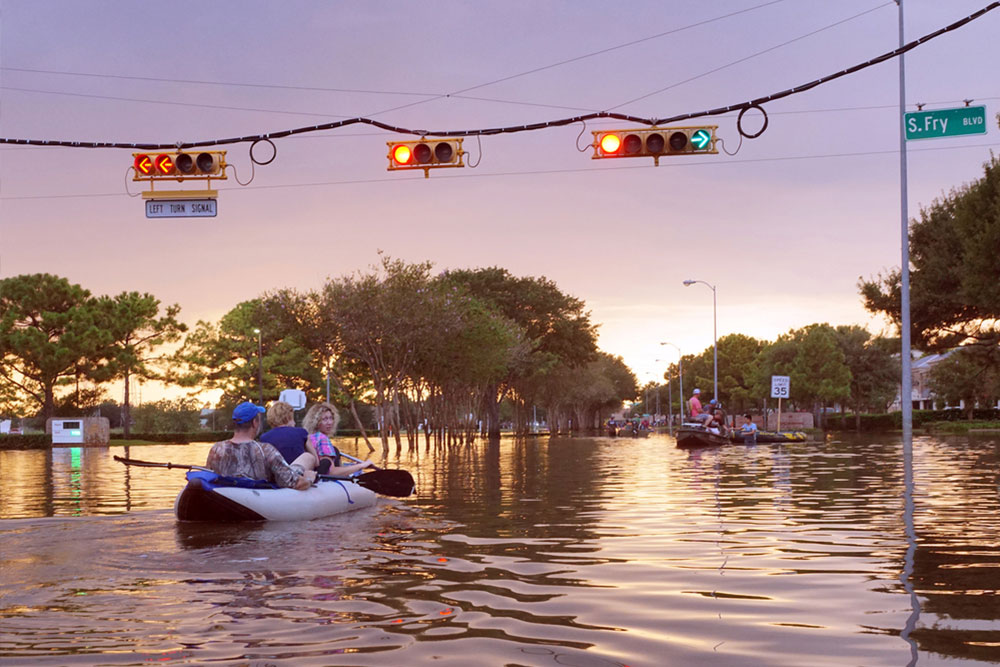All That You Need To Know About Flood Insurance
Floods are one of the natural disasters which are capable of causing a lot of destruction and ruining the general order of life. It is capable of destroying our homes and all the possessions. As such it is important that one be prepared for such disasters financially, irrespective of the improbability.
The most common and usual option for flood insurance would be the National Flood Insurance Program (NFIP) which consists of two policies out of which you can choose either one or both. The first policy provides you coverage for your actual home or building property up to about $250,000 while the second policy provides coverage for your personal property up to about $100,000. In case you would need a flood insurance coverage of more than $250,000, you would possibly need to purchase it. While taking up a mortgage on a property in high-risk zones, the lender would need you to buy a policy in order to issue a loan.
The NFIP’s building property policy is capable of rebuilding or the actual price of your house (whichever turns out to be less). This policy can offer coverage for your home and its foundation, HVAC equipment like furnaces, air conditioning, water heaters, electrical and plumbing systems, various kitchen appliances like refrigerator, stove, dishwasher which are built-in, permanently installed carpeting, window blinds, detached garages, debris removal, and water heater. The NFIP policy that provides coverage for personal property will be able to cover for clothing, electronic equipment, furniture, curtains, window AC units, carpets not covered by building policy, portable microwaves and dishwashers, washers/ dryers, freezer, and frozen food and up to about $2,500 in valuables such as arts and furs. Personal possessions are covered on the basis of the cash value but not what you had paid earlier.



